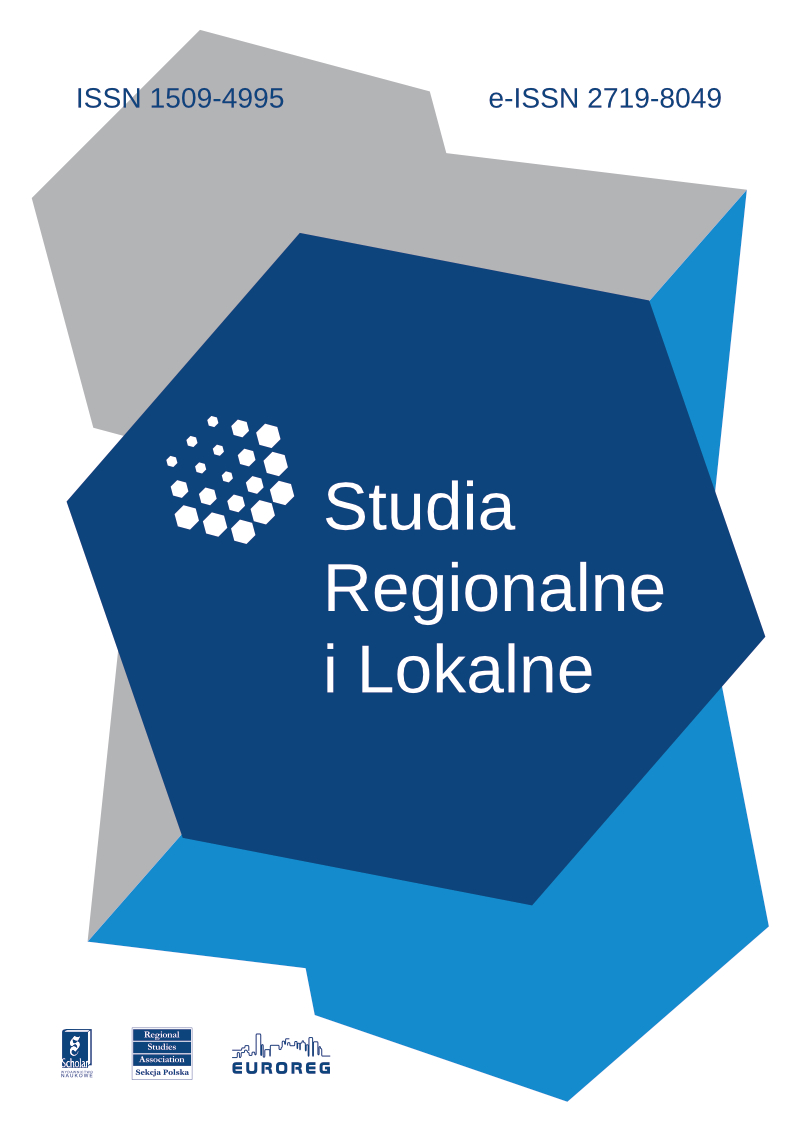Opublikowano w numerze
5(Special Issue)/2007 (no guest editor)

- Grzegorz Gorzelak, Adam Płoszaj, Maciej SmętkowskiThe Four Capitals Model in the Evaluation of the Regional Development Strategy - the Example of the Lubuskie Voivodeship[więcej]
- Maria HalamskaDo Farmers Block the Development of Poland?[więcej]
- Marek KozakManaging European Regional Policy in Poland in the Initial Period after the Accession[więcej]
- Maria LewickaRegional Differentiation of Identity: A Comparison of Poland and Ukraine[więcej]
- Krzysztof RybińskiGlobalisation and monetary policy[więcej]
- Tomasz ZaryckiAn Interdyscyplinary Model of Centre-Periphery Relations: A Theoretical Proposition[więcej]


